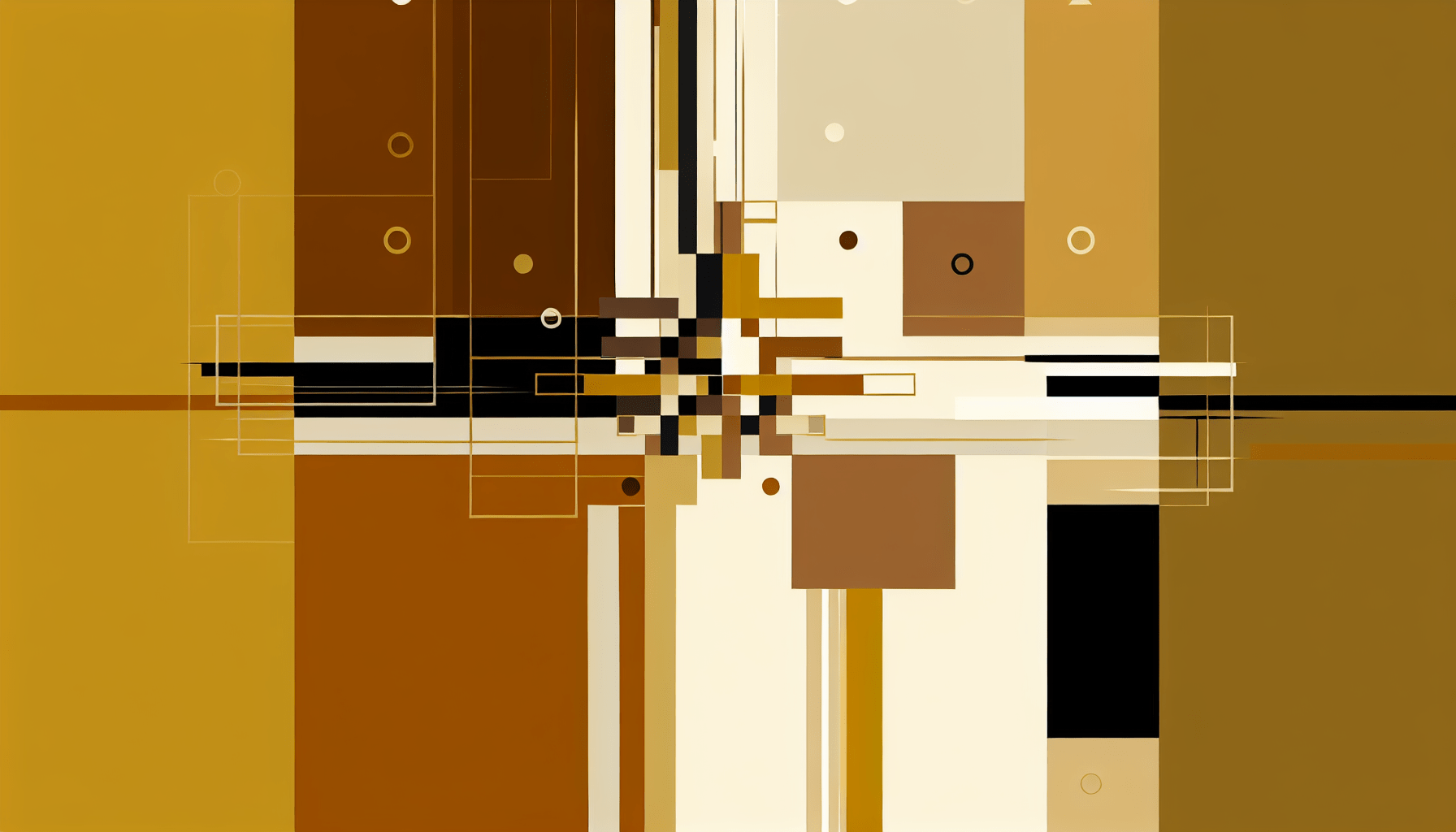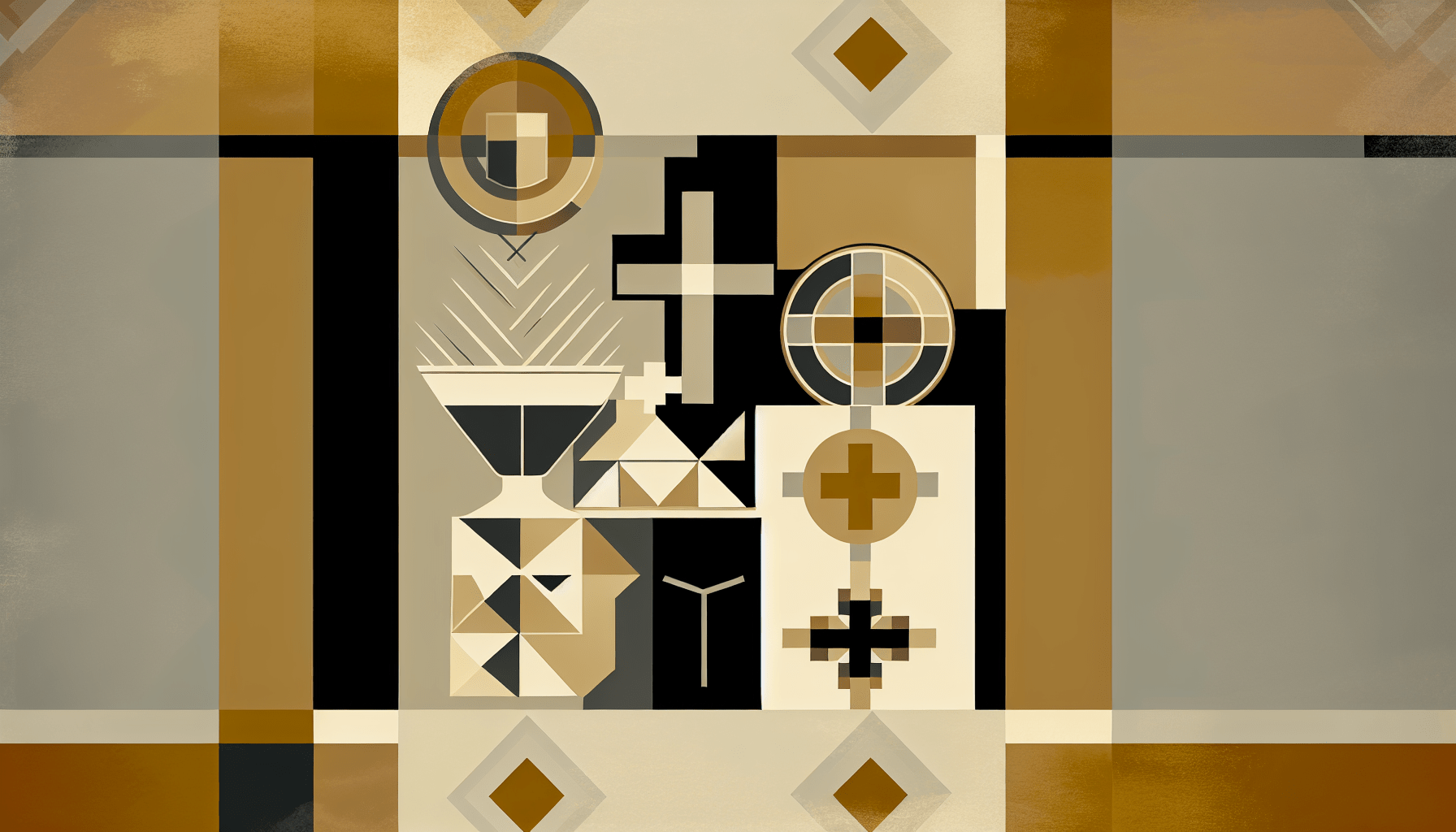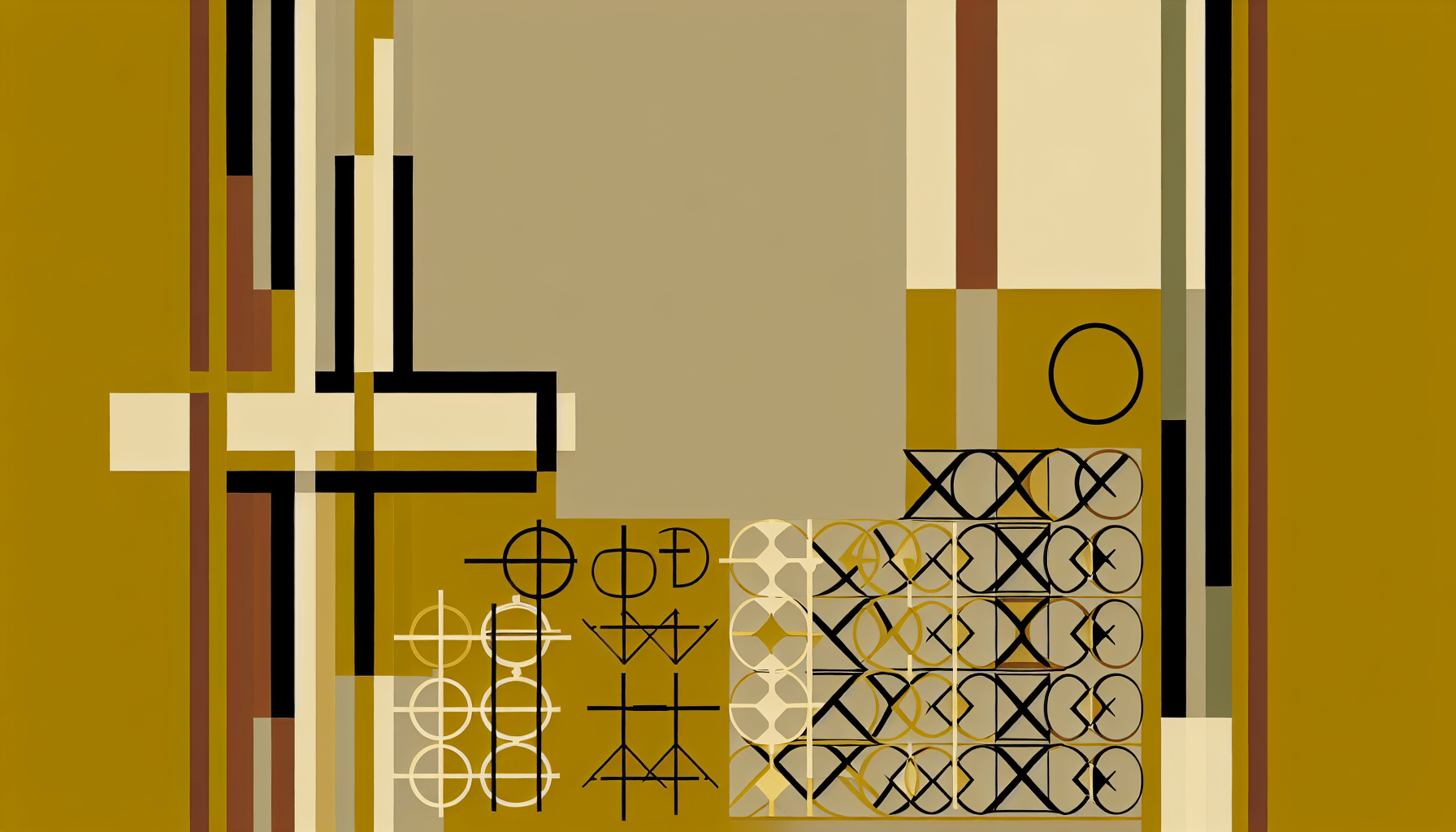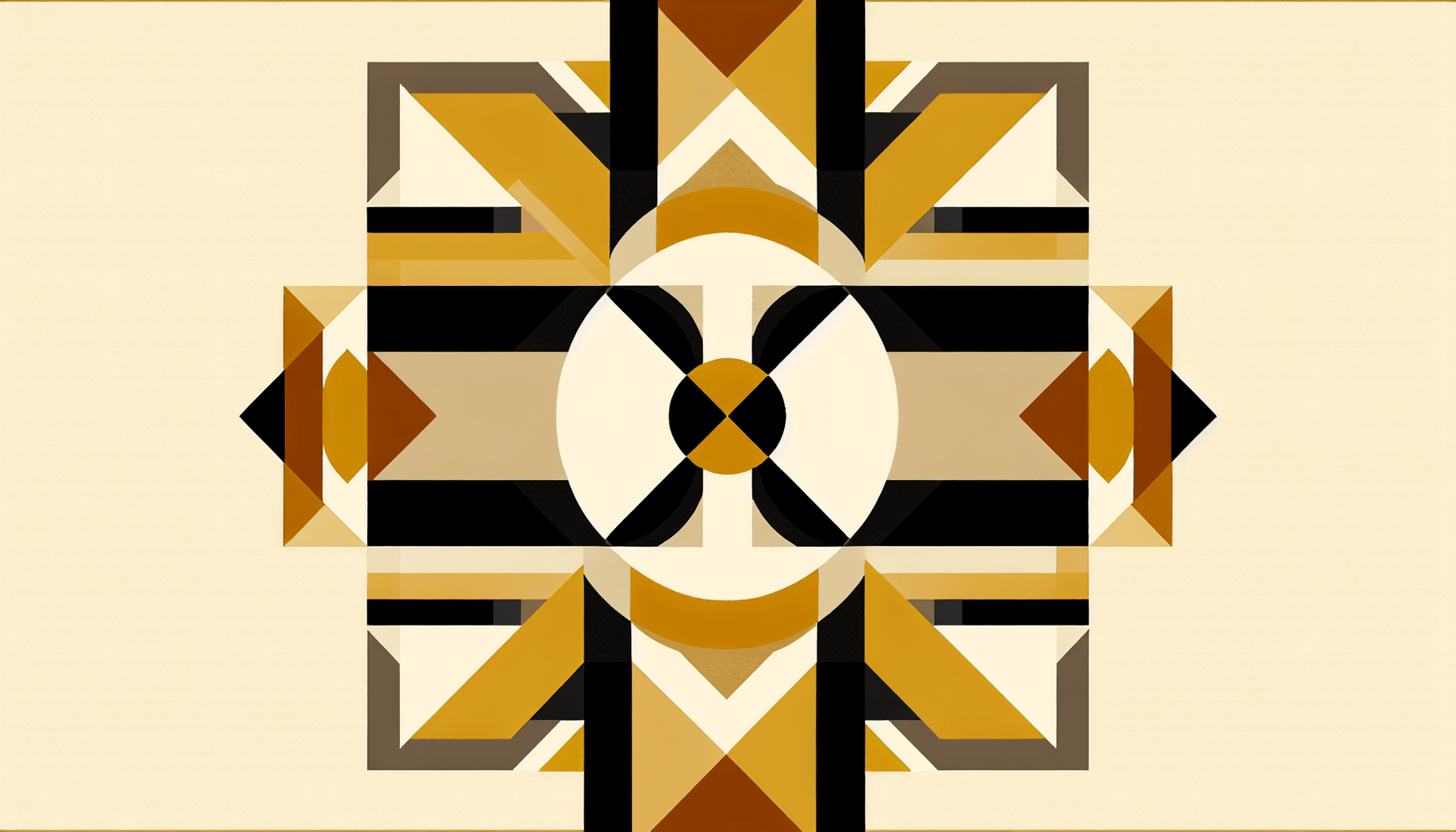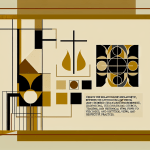Relationship Between Catholicism and Judaism
The relationship between Catholicism and Judaism is a complex and profound topic rooted in historical, theological, and cultural connections. As two of the world’s major monotheistic religions, their interconnections trace back thousands of years. Understanding this relationship not only sheds light on the origins of Catholicism but also highlights the shared beliefs and practices that continue to influence both faiths today. In this blog post, we will explore the historical context, theological similarities and differences, and the modern dialogue between Catholicism and Judaism.
Historical Context
To grasp the relationship between Catholicism and Judaism, it is essential to look at their shared history. Judaism, one of the oldest religious traditions in the world, has its roots in the ancient Hebrews and the covenantal relationship established with God through figures like Abraham and Moses. The teachings and scriptures of Judaism form the Old Testament of the Christian Bible.
Catholicism emerged from Judaism during the first century CE with the life, death, and resurrection of Jesus Christ, a Jewish teacher and rabbi. Early Christians were initially viewed as a sect within Judaism. However, as the movement grew and spread, particularly through the missionary work of apostolic figures like Paul of Tarsus, it began to develop into a separate religion.
The Parting of Ways
The destruction of the Second Temple in Jerusalem in 70 CE was a pivotal moment that led to the parting of ways between Judaism and Christianity. This event not only altered the Jewish faith’s practices but also led to the emergence of distinct Christian doctrines and beliefs. The developing Christian identity increasingly defined itself in contrast to Judaism, leading to theological disagreements over messianic expectations, the nature of God, and the interpretation of Biblical texts.
Despite this divergence, the foundational aspects of faith in one God and ethical living remained common threads, keeping the historical relationship alive.
Theological Similarities
While there are significant differences in beliefs and practices, there are also many theological similarities between Catholicism and Judaism. Both religions share a belief in one God who created the world and continues to be involved in human affairs. Here are some key theological commonalities:
1. Sacred Texts
Catholicism reveres the Old Testament, which comprises many of the same books found in the Hebrew Bible (Tanakh). The stories of creation, the prophets, and the covenant relationship with God are central to both faiths. This shared scripture lays a foundation for understanding the world and humanity’s moral obligations.
2. Ethical Guidelines
Both Catholicism and Judaism emphasize moral and ethical behavior as a response to God’s covenant. The Ten Commandments are essential in both religions, promoting values centered on community, honesty, and respect for others.
3. The Concept of Covenant
The notion of a covenant is central in both faiths. In Judaism, God’s covenant with the people of Israel established a special relationship marked by laws and ethical teachings. In Catholicism, this concept is broadened to include the New Covenant through Jesus, emphasizing grace and redemption.
Theological Differences
While the similarities are noteworthy, it is important to understand the theological differences that set Catholicism and Judaism apart. Here are a few significant distinctions:
1. Jesus Christ
For Catholics, Jesus is the Son of God, the Messiah, and the central figure of their faith. His death and resurrection are seen as the fulfillment of Jewish messianic prophecy and offer salvation to humanity.
Conversely, Judaism does not recognize Jesus as the Messiah. Jews are still awaiting the coming of the Messiah who will establish peace and restore Israel.
2. The Role of Tradition
Catholicism places a strong emphasis on tradition and the authority of the Church, represented by the Pope and the Magisterium. This authority interprets scripture and defines doctrine, which significantly influences Catholic beliefs and practices.
Judaism, particularly Rabbinic Judaism, emphasizes the interpretation of the Torah and the teachings of the rabbis over time. Different branches of Judaism, such as Orthodox, Conservative, and Reform, have varying interpretations and traditions.
3. The Nature of God
While both religions believe in one God, the understanding of God’s nature varies. Catholicism teaches the doctrine of the Trinity, which posits that God exists as three persons in one essence: the Father, the Son (Jesus Christ), and the Holy Spirit.
Judaism, however, upholds a strict monotheism that does not accept the Trinitarian concept, viewing God as a singular entity.
The Modern Dialogue Between Catholicism and Judaism
In recent decades, there has been a significant movement towards dialogue and reconciliation between Catholicism and Judaism. The Second Vatican Council (1962-1965) marked a turning point in Catholic attitudes towards Jews and Judaism. The declaration “Nostra Aetate” acknowledged the shared roots of Catholicism and Judaism and condemned anti-Semitism.
Interfaith Initiatives
Today, various interfaith initiatives promote understanding and cooperation between the two faiths. Both communities work together on social justice issues, education, and cultural exchanges. These dialogues foster mutual respect and help debunk stereotypes and misconceptions.
Shared Values and Social Justice
Both Catholicism and Judaism place a strong emphasis on social justice, charity, and community service. This shared commitment to helping the oppressed and marginalized serves as a powerful foundation for collaboration on various humanitarian issues.
Conclusion
The relationship between Catholicism and Judaism is one of deep historical roots, shared theological concepts, and ongoing dialogue. While there are significant differences in beliefs, the shared values and respect between these two faiths continue to grow. Understanding this relationship allows for a broader appreciation of both religions and their contributions to global spirituality.
As we explore the relationship between Catholicism and Judaism, it becomes clear that, despite their distinctions, there exists a rich heritage that honors the past while looking towards a more cooperative future. By fostering mutual understanding, both communities can work together to promote peace, justice, and compassion in an increasingly divided world.
This exploration not only enriches individual faith journeys but also contributes to the collective tapestry of human spirituality, reminding us that, at the core, both Catholicism and Judaism share a commitment to a singular divine truth and a call to serve humanity.
